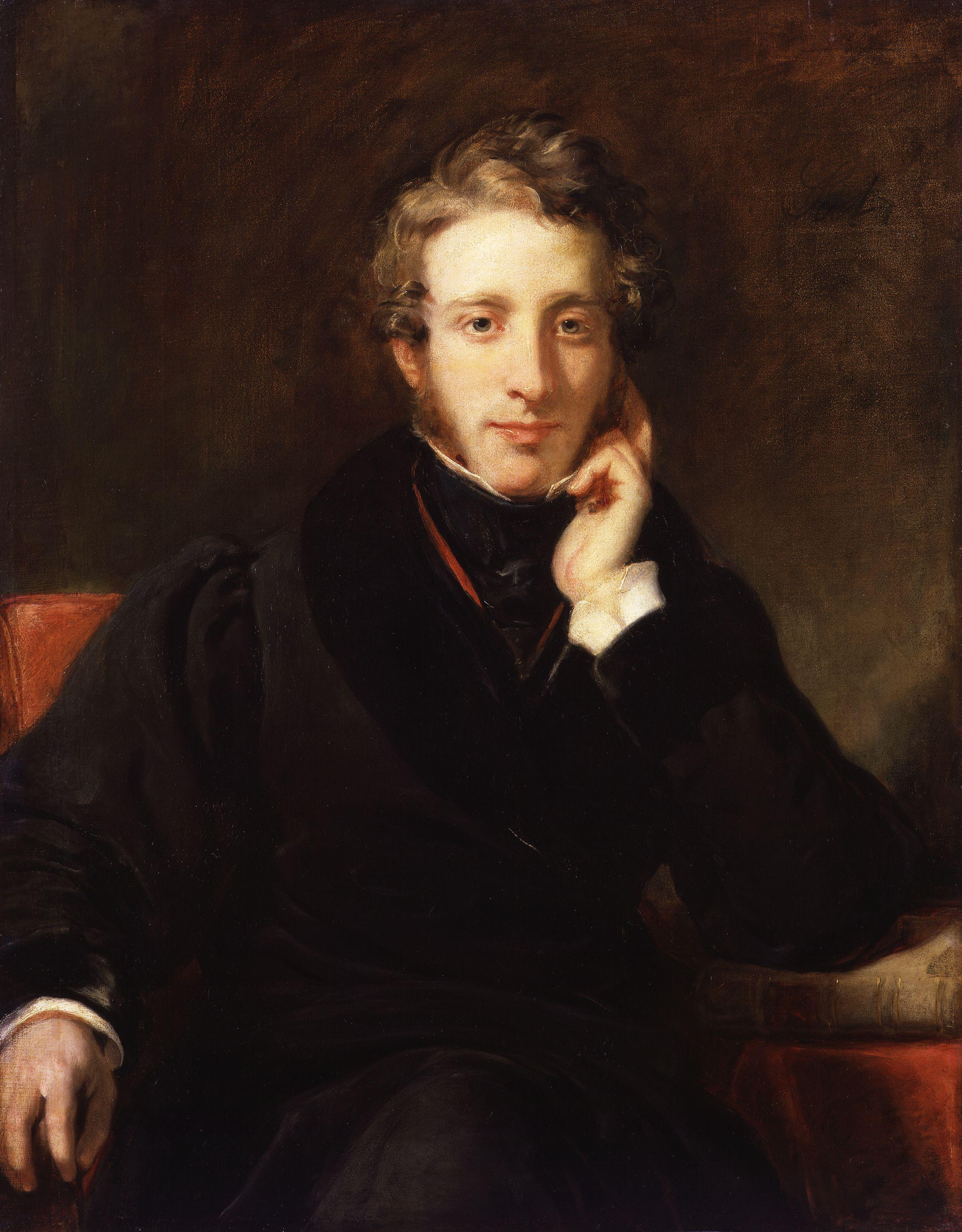Edward George Lytton nejznámější citáty
„Umění a věda mají svůj styčný bod v metodě.“
Originál: (en) Art and science have their meeting point in method.
Zdroj: [Bulwer-Lytton, Edward, 2011, Caxtoniana: A Series of Essays on Life, Literature, and Manners, Cambridge University Press, 122, anglicky, 978-1-10807-279-3]
Edward George Lytton: Citáty anglicky
Lucretia, Part II, Chapter XII
Kontext: The most useless creature that ever yawned at a club, or counted the vermin on his rags under the suns of Calabria, has no excuse for want of intellect. What men want is not talent, it is purpose,—in other words, not the power to achieve, but the will to labour.
Kenelm Chillingly : His Adventures and Opinions (1873), Book I, Ch. 8.
“Beneath the rule of men entirely great,
The pen is mightier than the sword.”
Act ii, Scene ii. This is the origin of the much quoted phrase "the pen is mightier than the sword". Compare: "Hinc quam sic calamus sævior ense, patet. The pen worse than the sword", Robert Burton, Anatomy of Melancholy, Part i. Sect. 2, Memb. 4, Subsect. 4.
Richelieu (1839)
Probably the most parodied and ridiculed opening line in literature. It is the inspiration for a satirical prize, the Bulwer-Lytton Fiction Contest. Used by Charles M. Schultz in the Peanuts cartoons.
Paul Clifford (1830)
“Truth makes on the ocean of nature no one track of light — every eye looking on finds its own”
Caxtoniana: Hints on Mental Culture (1862)
Last of the Barons (1843), Book v, Chapter i.
“Take away the sword;
States can be saved without it.”
Act iii, Scene i.
Richelieu (1839)
“You speak
As one who fed on poetry.”
Act i, Scene vi.
Richelieu (1839)
“Fate laughs at probabilities.”
Eugene Aram (1832), Book i, Chapter x.
Kenelm Chillingly; His Adventures and Opinions (1873).
“In the lexicon of youth, which fate reserves
For a bright manhood, there is no such word
As "fail."”
Act iii, Scene i.
Richelieu (1839)
Caxtoniana: Hints on Mental Culture (1862)
“The man who smokes, thinks like a sage and acts like a Samaritan.”
Night and Morning (1841), Chapter vi.
“The magic of the tongue is the most dangerous of all spells.”
Eugene Aram (1832), Book i, Chapter vii.
Zdroj: The Coming Race (1870), Chapter 1. This is the origin of the phrase "pursuit of the almighty dollar". Washington Irving coined the expression almighty dollar itself.
“The brilliant chief, irregularly great,
Frank, haughty, rash,— the Rupert of debate!”
The New Timon (1846), Part i. In April, 1844, Benjamin Disraeli thus alluded to Lord Stanley: “The noble lord is the Rupert of debate.”
“Our glories float between the earth and heaven
Like clouds which seem pavilions of the sun.”
Act v, Scene iii.
Richelieu (1839)
Caxtoniana: Hints on Mental Culture (1862)
Quoted by H.P. Blavatsky, Isis Unveiled, Part One, Science, Ch. 1 (1877)
Zanoni (1842)
